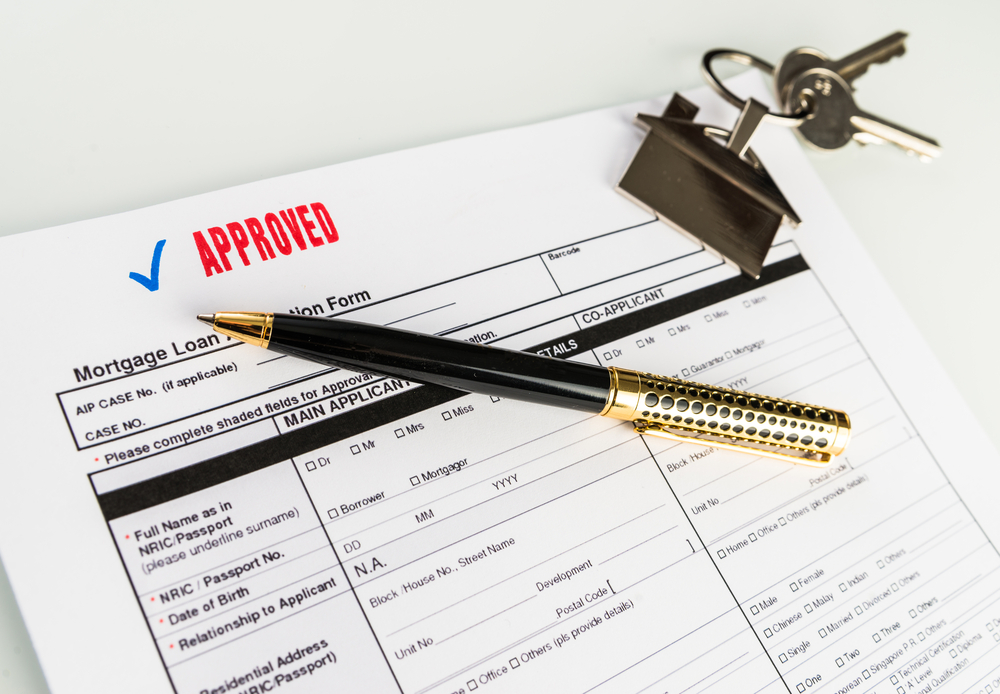Buying a home is a major life achievement. The financial details, in particular, can make it very complex and daunting. One thing you can do before you buy a house is to get pre-approved for a mortgage.
Trust me, having been there myself, I know how crucial this period is! The process of pre-approval extends beyond simple compliance. Not only does it help you figure out what kind of house you can afford, but it also shows sellers that you are serious.
In this article, I aim to guide you through all the ins and outs of home loan pre-approval. I’ll dive into its definition and how to smoothly navigate each stage of the process.
My objective is to unravel the mysteries surrounding pre-approval and equip you with the information and confidence needed to take on this phase in your quest for homeownership. Let’s get started!
What is Home Loan Pre-Approval?
Pre-approval is a process where a lender evaluates your eligibility for a mortgage and determines the amount they’re willing to lend you. It gives you a picture of your budget for buying a home and shows sellers that you have the financial means to back up your offer.
You will need to submit an application for home loan pre-approval along with documents detailing your income, assets, debts, and credit history. The lender will review this information to assess whether you are creditworthy and capable of repaying the loan. If you meet their requirements, they will provide you with an approval letter specifying the mortgage amount for which you qualify.
Now why is obtaining pre-approval such an important step in the home buying process?
Let me tell you, getting pre-approved can truly change the game when it comes to purchasing a home! Here are three key reasons why it’s crucial;
- It defines your budget: One of the key aspects of house hunting is determining what price range fits within your financial means. Falling in love with a home that exceeds your budget can be all too easy. Getting pre approved takes the guesswork out of the equation by providing you with a number to guide your search. This allows you to concentrate on homes, within your budget ultimately saving you time and potential disappointment in the future.
- Getting pre-approved makes you a competitive buyer: In a competitive housing market where sellers often face multiple offers, presenting an approval letter demonstrates to sellers that you are a committed and financially qualified buyer. This demonstrates you are prepared to move forward with your purchase and gives you an advantage over other buyers who have not completed this step.
- Obtaining pre-approval reduces delays: This can simplify the home buying process by enabling you to act swiftly to make an offer on a property and complete your financing. With pre-approval in hand, you can bypass the qualification stages and proceed directly to loan underwriting.
Understanding why pre-approval matters is also essential. What criteria do lenders consider when assessing your application for mortgage pre-approval? Although every lender has their own set of criteria, here are some important factors they will take into account;
- Your credit history and score: Lenders will review your credit report to evaluate how reliable you are, with credit. They’ll examine your score and factors such as payment history, credit usage and any negative marks like collections or bankruptcies. Generally, a higher credit score can lead to loan terms and interest rates.
- Your income and job stability: Lenders want assurance that you have an income source to meet your mortgage obligations. They typically seek two years of consistent employment history. Prepare to provide pay stubs, W-2 forms, or tax returns as proof of your earnings. If you’re self-employed, additional documents like profit and loss statements may be required.
- Your debt to income ratio (DTI): Your DTI represents the portion of your income allocated towards debt payments, including your future mortgage. Lenders use this metric to assess whether you can handle commitments. A lower DTI indicates that you have income to comfortably manage your mortgage payments along with debts. Most lenders typically aim for a Debt to Income (DTI) ratio of 36% or lower, although some may accept up to 43%.
- Your Initial Assets: Lenders will want to ensure that you have funds, for a payment usually ranging from 3 to 20% of the home’s price. Additionally, they’ll look for evidence that you have savings or assets to cover closing expenses, reserves, and other financial needs. You should be ready to present bank statements, investment account details, or other proof of your resources.
Navigating the Approval Process
Now that you grasp the significance of obtaining pre-approval and what lenders consider important, let’s dive into how to navigate this process effectively. Here are some suggestions to assist you in preparing and positioning yourself for a pre-approval:
Make sure to settle any debts or overdue accounts if you can. Sometimes minor changes can enhance your credit score and present you as a more appealing borrower.
When comparing loan terms, interest rates, fees, and closing costs, it’s important to not hesitate in negotiating or asking questions. Keep in mind that slight variations in interest rates can lead to savings throughout the duration of your loan.
It’s also worth considering the types of lenders beyond traditional banks. Credit unions, online lenders, and mortgage brokers each come with their own set of benefits, depending on your circumstances.
That’s why having pre-approval is more significant than pre qualification. It serves as an indication of your financing capability. In addition, some real estate agents may choose not to engage with buyers who lack pre-approval.
Becoming pre-approved is an important step towards owning your home. While it may require some effort, the benefits are well worth it. Being pre-approved gives you an idea of your budget, shows sellers you’re serious, and streamlines the buying process.
Don’t Overlook this Stage!
Organize your finances and do your homework! Collaborate with a trusted lender to secure your pre-approval. Armed with that document, you’ll be all set to begin the journey of finding your perfect home.
Stay informed, take initiative, and get the right team around you. You’ve got this… now go and enjoy the house hunting adventure!


